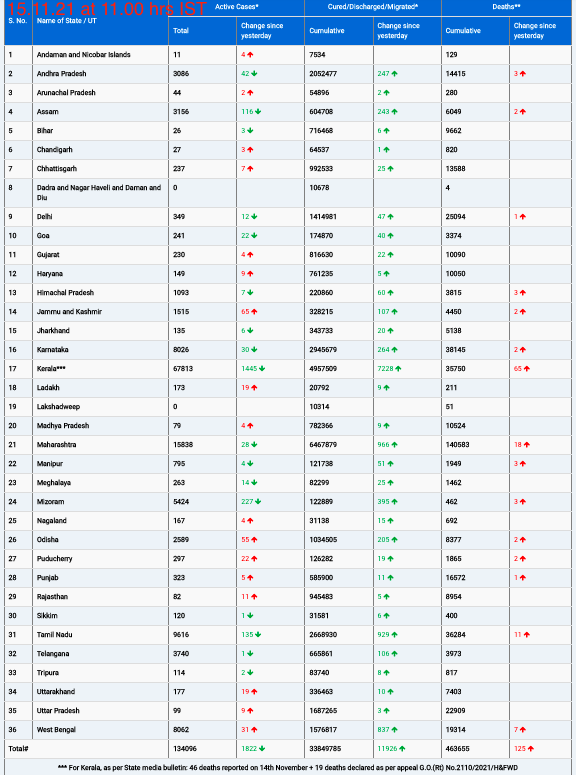A groundbreaking study led by researchers at Karolinska Institutet sheds light on the optimal treatment strategy for heart attack patients, revealing that targeting only the coronary artery responsible for the infarction is as effective as preventive balloon dilation of other coronary arteries. The findings, published in the New England Journal of Medicine, challenge conventional wisdom and could reshape clinical practices.
Heart attacks pose significant risks of complications, prompting a quest to identify the most effective treatment approach for narrowed coronary arteries beyond the culprit vessel. The multinational study, involving 1542 patients from 32 hospitals across 7 countries, aimed to determine whether preventive balloon dilation of other narrowed vessels offered superior long-term outcomes compared to treating only the infarcted artery.
Utilizing the SWEDEHEART registry in Sweden for data collection and randomization, researchers followed patients for five years post-procedure. Surprisingly, the results revealed no significant difference between the two treatment groups in terms of new heart attacks, unplanned balloon dilations, or overall mortality.
Lead researcher Felix Böhm, senior physician at Karolinska Institutet’s Department of Clinical Sciences, Danderyd Hospital, expressed some surprise at the findings, noting, “Our hypothesis was that it would be beneficial to do preventive angioplasty.”
However, the study did show that patients who underwent preventive treatment experienced fewer issues with angina, suggesting the potential benefits of comprehensive vessel treatment. Böhm emphasized the importance of aiming for complete revascularization in most cases but acknowledged that for certain patients, delaying additional procedures may be a viable option.
The study’s positive revelation was the low rate of patients returning with new problems, regardless of the treatment strategy chosen, underscoring the efficacy of current drug treatments for heart attack patients.
Moving forward, researchers plan to delve deeper into the impact of different treatment strategies on patients’ quality of life and explore the health economic implications. The study was conducted by Uppsala Clinical Research Center (UCR) at Uppsala University, with Karolinska University Hospital serving as the legal sponsor. Funding was provided by several organizations, including the Swedish Research Council and Hjärt-Lungfonden, with no influence on the study’s design or analysis from contributing companies such as Abbott and Boston Scientific.












